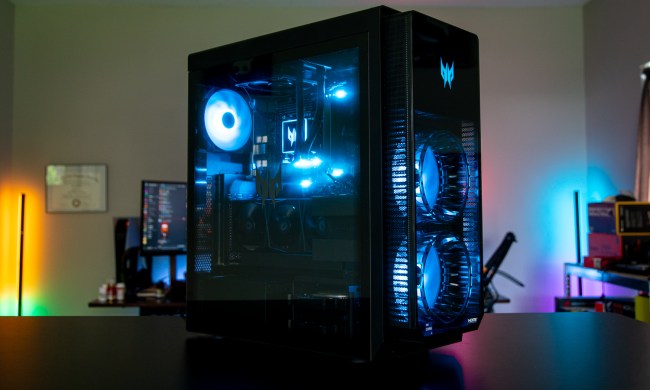
Curtis “50 Cent” Jackson has made it clear to courts, and now the world, that counter to previous stories suggesting that he had been a bitcoin millionaire for quite some time and just didn’t know it, that wasn’t exactly true. Instead of sitting on 700 Bitcoins, he in fact has none. He did have some once, but it wasn’t much, and even then he was paid by an intermediary firm which conducted the original transactions for Bitcoin during the sale of his 2014 album, Animal Ambition.
Citing at the time that he wanted to “stay with the times,” according to IBTimes, when 50 Cent released said album four years ago he allowed fans to pay for it with the flagship cryptocurrency. At the time Bitcoin was worth around $660 each. While it was thought that Bitcoin represented a reasonable portion of the rapper’s earnings from the album (around half a million dollars), we now know that that wasn’t the case.
As revealed in documents Jackson submitted to courts last week published by The Blast, he was only ever paid in dollar amounts by a company called Central Nervous LLC, which converted all Bitcoin payments into U.S. dollars. Those payments numbered in the low hundreds and were for a handful of dollars each, equating to perhaps a few thousand in total.
Jackson initially celebrated news of his alleged Bitcoin horde on his Instagram account, citing the TMZ article that broke the story.
“Not bad for a kid from South Side, I’m so proud of me,” he said.
He has now stated categorically that he does not “personally own, and have never owned, either a Bitcoin account or any Bitcoins.” He lated clarified that the reason he did not debunk the original story when published, was because he subscribes to the idea that any story that does not damage his brand, no matter how untrue, does not need to be denied.
Although 50 Cent has been one of the more successful rappers in recent decades, he has faced his own share of financial difficulties. He famously filed for bankruptcy in 2015, though maintained hold of properties and even posted images of himself around the time with stacks of cash. This latest misunderstanding with the potential Bitcoin treasure trove appears to be little more than a continuation of that narrative.
It’s a pity for Jackson that he didn’t hang on to any Bitcoin he could have had, as some experts we spoke to recently believe it could be worth upward of 10 times what it is today.
At least he didn’t lose it though. Some of the saddest stories surrounding Bitcoin are when people realize too late. Bitcoin lost to landfill due to owners scrapping old computers is not uncommon. It’s why estimates suggest as much as $30 billion worth of Bitcoin may have been lost over the years.



